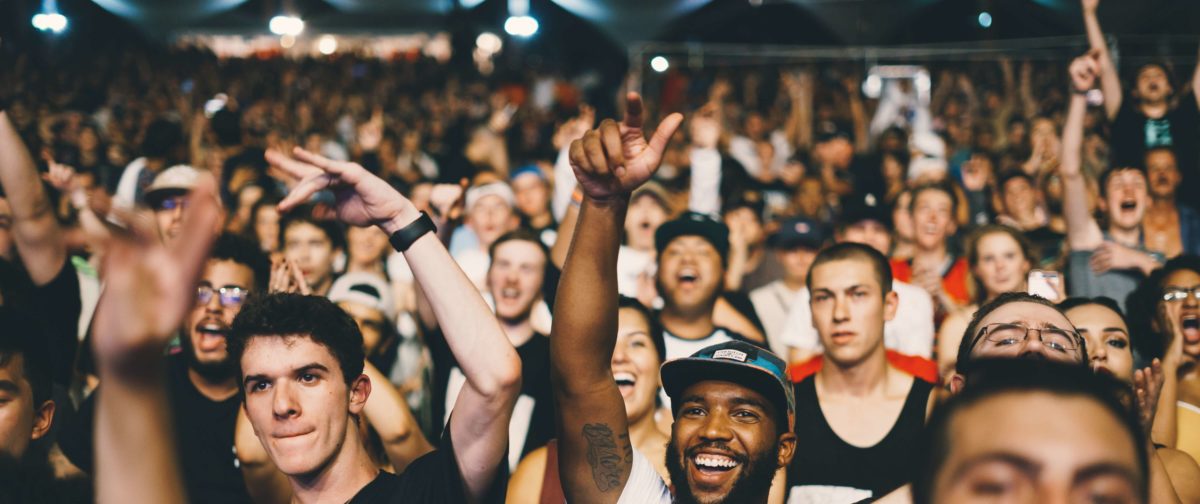My generation has been historically horrible at voting. Absolutely awful. For how much we speak out, sit in, and organize to advocate for our values and the issues that matter most to us, our turnout never seems to match our outcry. Observed by some from the outside, we are the generation that complains and demands without taking action to bring about the change we seek. As a young person, I can sympathize with this generalization even though I disagree. I have some friends my age who say that “one vote isn’t enough to make a difference.” Others complain about the dismal reality of the nation’s electoral system. Regardless, our attendance is poor and our relationship with the “older” voting population is rocky at best. However, if there is to be any substantive progress on this nation’s major issues in the next five to ten years, it will likely take a collaborative effort between generations that requires open minds and cool heads. On the brink of major, student-led movements like “March for Our Lives,” youth involvement in politics is changing and growing. Sure, we’ve struggled to vote, but if you remember right, you will recall a point in your life where your generation was made up of 20-somethings trying to figure life out, too. Spoiler alert: you guys didn’t vote at this age either. We owe it to ourselves to understand each other, so if you’ll allow me, here’s a take on why young people don’t vote (and why that’s not as bad as it sounds).
First of all, we’re a minority in terms of our numbers. The political incentives gained from securing the votes of the 18-29 population are large enough to make a strategic political difference for any politician, but our numbers are not fully utilized in most major U.S. elections. According to the Pew Research Center, in the 2016 presidential election only 46% of the youth electorate showed up to vote. There are many reasons, but one could be that there is a stark difference between the most important issues facing young people versus the priorities among the older populations, according to the same post-election research by Pew. Among 18-29 year olds, the top two concerns at the ballot box were the treatment of racial and ethnic minorities and the treatment and representation of the LGBTQ community at the national level. These issues both sat in the bottom five among the rest of the voting population. As a result, young voters rarely see substantive change on the issues they care about, and it’s even more rare for elected officials to prioritize the values that millennials hold dear. If you had any friends or family that didn’t vote in 2016 because they “just didn’t feel represented by either candidate,” then welcome to the voting life of a young adult.
Furthermore, the issues that my generation cares about are so large and all-encompassing that it is an intimidating task to organize around them. We are the generation that has been handed the ticking-time-bomb that is the United States economy while simultaneously charged with trying to find solutions to climate change, all while witnessing the first rise in hate crimes in over a decade, and, some of us, surviving 25 active, fatal mass shootings on school campuses since Columbine. Our plate is large, and I think it’s pretty understandable that some of my peers choose apathy over clearing it.
Thankfully, though times are tough, all is not lost. Because of platforms like social media, young adult involvement in political issues is easier now more than ever. If you want proof, “Speak Up Austin” encouraged young, digitally inclined populations in Austin, Texas to engage in decentralized idea forums and, as a result, developed initiatives such as state-funded bike share hubs which were sought by many young voters in the Austin area. They simply had to sit down, login, and share an idea. Other projects like the “White House Social Hub” have acknowledged the opportunity to engage with younger populations using new and improved tactics online. While our numbers are as bad as yours were, my generation has a unique opportunity to influence political activities in ways this country has yet to see. We’re awful at voting, but we showed up in the millions on March 24th to March For Our Lives, and I don’t see any signs of us stopping. That day, we had the unique opportunity to see the impact of organizing a march around an issue that young people care deeply about; and one can’t help but notice how powerfully a genuine message coming from the mouths of teenagers– with no track record of pandering to big donors or special interests– mobilized us. There is a changing of the guard happening as we speak, and a change of leadership could be exactly what this country needed to ignite its youth. If we combine this with an intergenerational understanding for each other, our impact could be felt for decades to come. Food for thought.
Austin Anderson is a Policy Intern.

